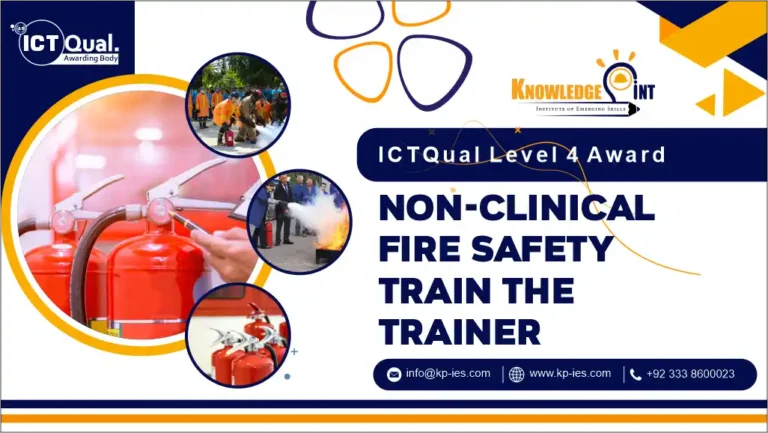ICTQual AB Level 6 International Diploma
Finance, Banking & Accounting
Awarding Body
ICTQual AB
Credits
360 Credits
Course
Business & Management
study mode
Online Learning
Course overview
The ICTQual AB Level 6 International Diploma in Finance, Banking & Accounting is designed for professionals and aspiring senior practitioners who want to strengthen their expertise in financial management, banking operations, and accounting practices. This qualification provides comprehensive knowledge of financial systems, regulatory frameworks, and international standards that govern modern finance and banking environments. Learners gain a strong understanding of how financial decisions support organisational strategy, stability, and growth in a global context.
Throughout the programme, participants develop advanced analytical, financial, and problem-solving skills required to manage complex financial data and make informed decisions. Core areas of study include financial management, corporate accounting, banking operations, risk management, financial reporting, taxation principles, and compliance with international financial regulations. The course also emphasises ethical financial practices, governance, and effective financial control. Practical case studies and applied assessments enable learners to analyse real-world financial challenges and implement sound, evidence-based solutions.
This diploma is ideal for finance managers, accountants, banking professionals, auditors, and individuals seeking leadership roles in financial services. Graduates are equipped to manage financial operations, support strategic planning, and contribute to organisational performance and sustainability. The Level 6 International Diploma also offers progression routes to advanced professional certifications, postgraduate studies, and senior roles in finance, banking, accounting, and consultancy across a wide range of industries.

Approved Training centre of ICTQual AB
Centre # : ATC24001

Entry Requirments
Entry Requirements for the ICTQual AB Level 6 International Diploma in Finance, Banking & Accounting:
- Educational Qualifications:Applicants should hold a Level 5 qualification or equivalent in finance, accounting, banking, business, or a related discipline.
- Professional Experience:Relevant work experience in finance, accounting, banking, or financial services is recommended, particularly for mature or non-traditional learners.
- English Language Proficiency:Since the program is delivered in English, learners must show competence in reading, writing, and communication.
Course structure
The ICTQual AB Level 6 International Diploma in Finance, Banking & Accounting in Personal Protective Equipment qualification consists of 36 mandatory units.






